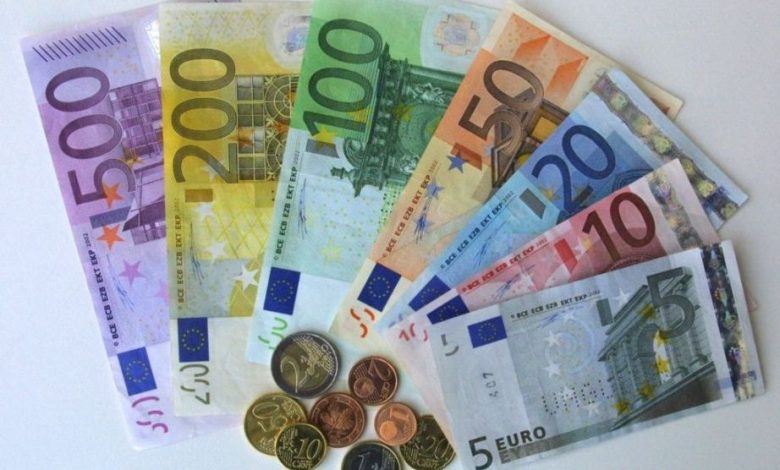Strong euro poses threat to European labor market
The single European currency exchange rate again exceeded a record level of $ 1.51, triggering a wave of complaints from European producers and provoking large-scale sales of debt obligations of the South European states, which are considered the most vulnerable to the negative impact of the growth of the euro.
The German automaker BMW announced the upcoming reduction of 5,600 jobs and warned of the possibility of taking further measures in this direction if the euro continues to develop upward movement from the level of $ 1.50.
A number of large industrial companies, such as Airbus, are considering moving their production facilities to dollar zones or other regions where production costs are not so high.
Speech by Ben Bernanke, Chairman of the US Federal Reserve System, on Wednesday to representatives of the Congress, during which he voiced the prospects for a further reduction in interest rates, led to a new strengthening of the European currency. Lower rates in the United States leads to an increase in the difference between the cost of borrowed funds in dollars and euros, which causes an influx of speculative money into the eurozone, where the interest rate remains unchanged.
One of the presidential aides, Nicolas Sarkozy, on Wednesday expressed dissatisfaction with the policies of officials from the European Central Bank and demanded that “monetary policy remained within reasonable limits.” These comments are a clear signal that Paris may try to change the monetary policy of the eurozone, relying on Article 104 of the Maastricht Treaty, which provides European politicians with the opportunity to influence the exchange rate of the European currency. France was previously the only European country to insist on such an intervention, but now it may have new supporters to whom a rising euro also causes significant damage. These countries include Greece, Italy and Spain.
Hans Redeker, the currency strategist of the largest French bank BNP Paribas, notes that foreign investors have basically stopped buying Eurobonds of European states, which may signal the approaching end of growth of the single European currency. “The European economy will slow down from the periphery to the center. Countries where real estate markets are particularly large, such as Spain and Ireland, may be in a state of recession, ”says Redeker.
Germany is in a better position. She managed to increase efficiency in the labor market by restraining wage growth.
Until now, the uneven development between the eurozone countries has been managed to hide, thanks to the consumer boom amid low interest rates. Now the political stability of the European monetary system has to be tested for strength.
This post is also available in:
 English
English  Русский (Russian)
Русский (Russian)




